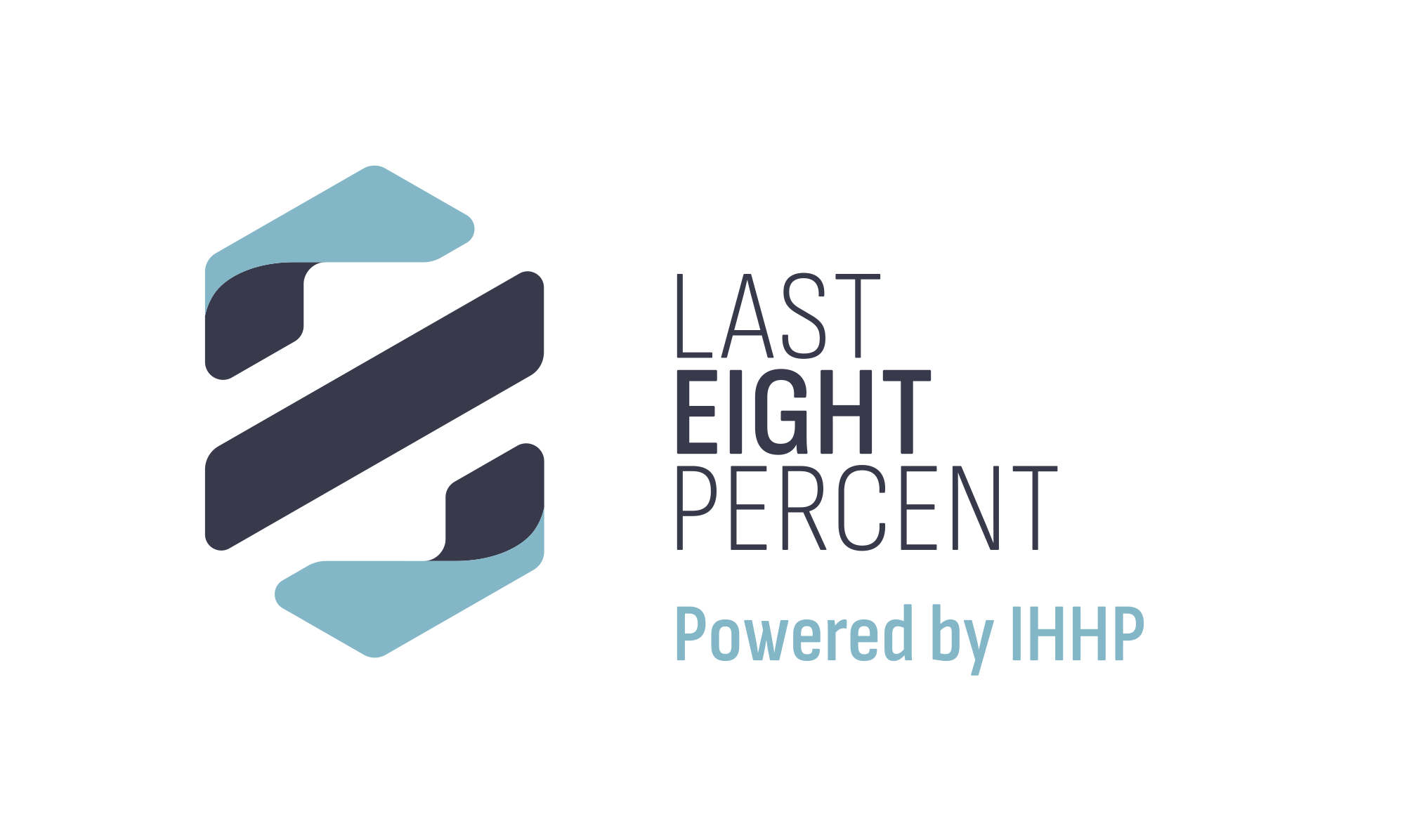IHHP recently presented a livecast that I had the privilege of hosting with the storytellers behind “The Collective Wisdom of High-Performing Women.” The book brings together 70 women who participated in The Judy Project, a program that has trained over 400 women for future leadership positions, to share their stories and advice about values-based leadership, ambition, and making hard choices. To learn more about the book and The Judy Project, watch the full replay of the livecast here.
We are releasing a series of articles to showcase the inspiring real-life stories of the leaders who joined our livecast as panelists and to further explore the leadership traits they talked about and their foundations in the principles of Emotional Intelligence.
Our series continues with a story from Sandra Rondzik Popik, VP of Talent Acquisition at CIBC.
Check out her story below and keep reading to learn why it is important to embrace the human side of work.
Making it Personal: A Story About Compassion by Sandra Rondzik Popik
Drive. Focus. Goals Results. These are just some of many business imperatives and just some of the many critical elements of future success. But how about kindness? Caring? Being personal? I used to be, and continue to be, very results-focused. While I see that impact as important, I have learned that work is not just about what we do. It’s also about how we do it. And two, particularly defining moments in my career helped me realize how critical the human element is in everything that we do.
The first came fairly early on, when a colleague pulled me aside to share some feedback. I didn’t think he had enough of a chance to see me in action, so I was a little skeptical. However, I had always held him in high regard and was appreciative that he wanted to connect.
All I remember from our entire conversation was him saying, “People are sometimes intimidated by you. You don’t have to be all business all the time.”
My initial inner reaction was, You bet I’m all business all the time! That’s how I get results. That’s how I get things done. That’s a good thing…isn’t it?
I went home that day and actually had to think about whether he was praising me for my focused and results-oriented style, or giving me constructive feedback on how to do things better. I didn’t get it. All business, all the time was so ingrained in my mind and my approach, that I didn’t even think about how that may have been coming across.
But after some reflection, I understood: The minute people arrived at one of my meetings, I would go straight to the business at hand, no time “wasted” with “How was your weekend?” or “How was your family?” In retrospect, I could have certainly taken a moment to ask such questions. Because don’t get me wrong. I had always sincerely cared about the people I worked with. It’s just that I was to focus on “efficiently” getting to business.
It took this feedback to realize that I wasn’t always projecting my true desire for connection, and maintained too big of separation between “business” and “personal.” We need people to support us, to work with us to achieve common goals. That can be done effectively only if we genuinely care about them, and if we show we care through our words and our actions. I’m certainly glad that I got this lesson so early in my career.
The other moment came when my VP at the time said something that made me stop and really think I was explaining a rather complex business challenge– something that involved consulting multiple business partners, synthesizing key facts, pulling out the most critical figures, and outlining options, implications and recommendations.
I had responded to one of our more contrarian business partners with, “It’s nothing personal, it’s just business.” My manager stopped me mid-sentence and said slowly, and clearly, “Sandra, it’s all personal.”
I paused, I reflected. This is not where I had been expecting our conversation to go. Perhaps I even expected to be praised for the great job I had done managing the complex issue. My whole approach was being challenged. But of course, I realized he was right.
How could I not have seen it? I was dealing with people. Everything we do is about people. How could it not be personal?
It was this short, quick comment that completely altered how I look at work. It’s essential that we remember the human element behind everything we do, and not be afraid to make it personal. While drive, focus, goals, and results are all critical components of our business lives, so is the underlying non-compromising element of being human. We can’t lose our humanity in the world of business.
And as our CEO Victor Dodik, once said, “Don’t leave your hearts at home when you come to work.” The only way we can inspire the hearts and minds of our teams is by taking the time to be kind and caring. So, go ahead: make it personal.
Emotions Belong in the Workplace
Historically, emotions were to be left at the door when you walked into the office. However, work and business, no matter how technical the task or activity, are carried out by and for people. If people are disengaged, burnt out, or unhappy at work, the business cannot thrive.
Organizations who put people first are the ones that thrive. Closing the gap between business and personal is important if we want to innovate, collaborate, empathize with our customers, and listen to our communities. As colleagues and leaders, we need to be able to create an emotional connection with people, understand their perspectives, and build trust in both our personal and professional relationships – which may not be so different from one another.
In IHHP’s foundational program, The Science of Emotional Intelligence, we ask people to identify the qualities of exceptional leaders. Qualities that people frequently identify include the ability to be a good listener, be caring, empathetic, supportive and patient. To embody these qualities, leaders must shift from ‘all business all the time’ to authentically prioritizing people and relationships over tasks and activities. When people feel connected to each other and their work, they will feel seen, heard, and valued and they will take care of the business.
We hope our livecasts, our articles and resources, and our learning programs provide people with the opportunity to start the journey of building the skills of Emotional Intelligence, the skills that help us all work better together.
Continue the Learning.
Also read:
- Emotional Intelligence, Connection, and High-Performing Women
- Emotional Intelligence, Tenacity, and High-Performing Women
- Emotional Intelligence, Lifelong Learning, and High-Performing Women
Join us for a follow-up event with the panel in which we will continue the conversation and dive deeper into the personal stories and themes shared.

About the Speaker
Sandra holds a Master’s Degree in Business Administration as well as a Master Certificate in Financial Services Leadership from the Schulich School of Business. With over 20 years of experience and holding several vice president roles across the Canadian Imperial Bank of Commerce also known as CIBC, Sandra was appointed to the role of Vice President of Talent Acquisition. Sandra is very passionate about promoting inclusion and diversity. In the year 2000, she led one of four Canadian teams to a successful finish of a 12 day eco-challenge expedition race in Borneo, Malaysia.

About the Host
As a lifelong student of human behavior, a psychotherapist / family therapist turned organizational psychologist, Dr. Cranla Warren believes that a strong foundation of Emotional Intelligence (EI) builds great leaders, fosters employee engagement and creates great places to work. She has a wealth of knowledge and professional experience in the areas of collaboration, values-based leadership, coaching, and strategic business execution. Dr. Warren holds a Ph.D. in Organizational Psychology and a Professional Post-Graduate Certificate in Leadership. She currently holds the position of Vice President of Leadership Development at the Institute for Health and Human Potential. Connect with Cranla on LinkedIn!

